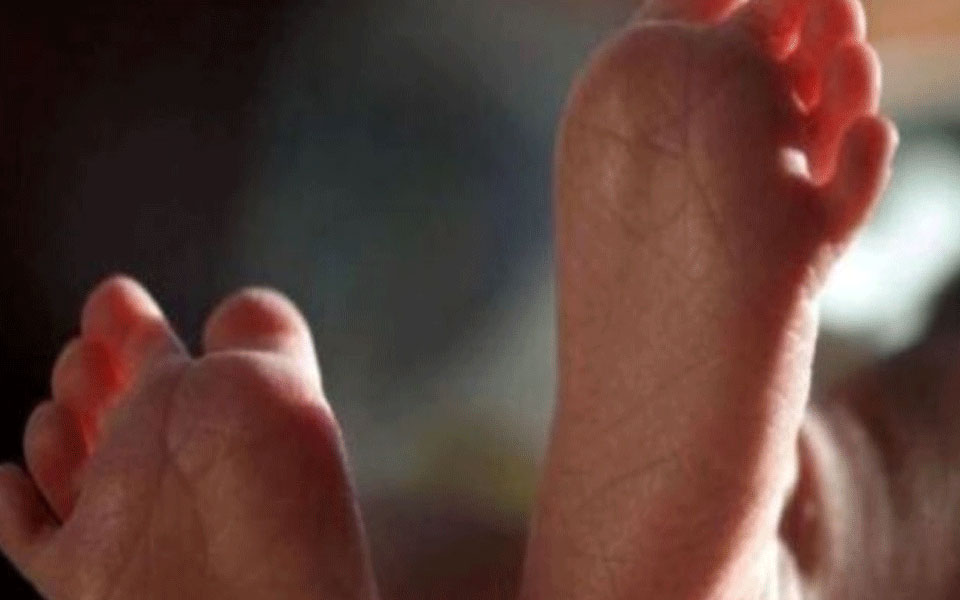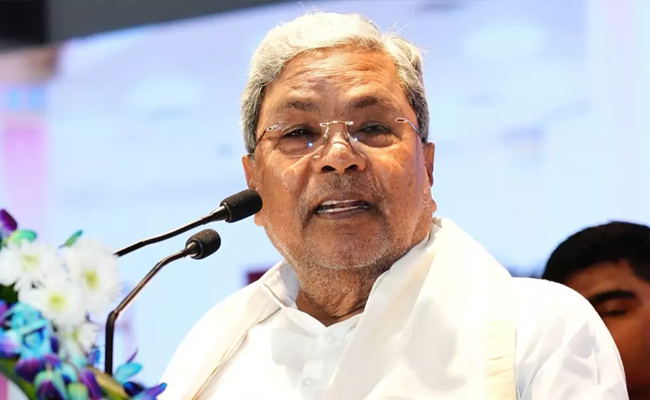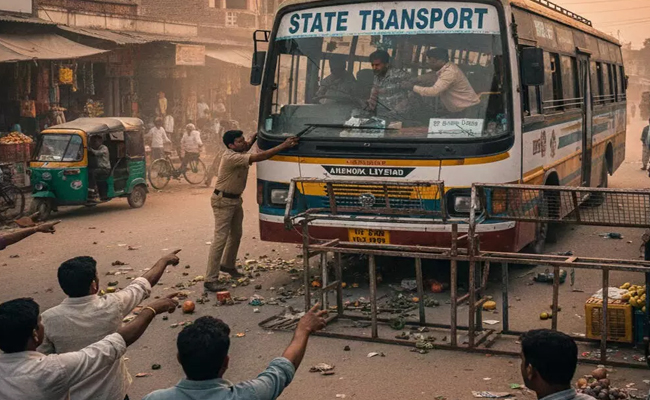New Delhi: India has been recognised by the United Nations as an "exemplar" in reducing preventable child deaths, following remarkable progress in its health sector over the past two decades. The United Nations Inter-agency Group for Child Mortality Estimation (UN IGME) report highlighted India’s strategic investments in healthcare and effective implementation of welfare schemes that have saved millions of young lives.
Along with India, the report identified Nepal, Senegal, Ghana, and Burundi as countries that have successfully reduced child mortality rates despite facing economic and infrastructural challenges. It praised these nations for their "political will, evidence-based strategies and sustained investments," which have contributed to significant improvements in child health.
According to the report, India has reduced child mortality by 70 per cent and neonatal mortality by 61 per cent since 2000. The progress has been credited to various government initiatives, including Ayushman Bharat – the world's largest health insurance scheme – which provides free delivery services, infant care, and transportation for pregnant women and newborns.
Additionally, the establishment of maternity waiting homes, newborn stabilisation units, and the implementation of interventions like antenatal corticosteroids and continuous positive airway pressure therapy have further strengthened India’s healthcare infrastructure. The report also noted that India has prioritised the training and deployment of skilled birth attendants, including midwives and community health workers, to ensure better maternal and child health services.
The UN IGME report mentioned that countries like Angola, Bhutan, Bolivia, Cabo Verde, India, Morocco, Senegal, Tanzania, and Zambia have reduced under-five mortality rates by over two-thirds since 2000. Specifically, India increased infant measles vaccination coverage from 56 per cent to 93 per cent and reduced measles-related deaths by 97 per cent.
Globally, the number of child deaths before the age of five dropped from 12.6 million in 1990 to 4.8 million in 2023, while stillbirths decreased by over a third during the same period.
Commenting on the achievement, UNICEF Executive Director Catherine Russell said, "Millions of children are alive today because of the global commitment to proven interventions, such as vaccines, nutrition, and access to safe water and basic sanitation." However, she also warned that without continued investment and policy focus, there is a risk of reversing these gains.
Let the Truth be known. If you read VB and like VB, please be a VB Supporter and Help us deliver the Truth to one and all.
Mumbai (PTI): Rupee depreciated 9 paise to an all-time low of 90.58 against US dollar in early trade on Monday, weighed down by uncertainty over an India-US trade deal and persistent foreign fund outflows.
Forex traders said rupee is trading with a negative bias as investors are in wait and watch mode and awaiting cues from the India-US trade deal front.
At the interbank foreign exchange market, the rupee opened at 90.53 against the US dollar, then fell further to an all-time intraday low of 90.58 against the greenback, registering a fall of 9 paise over its previous close.
On Friday, the rupee had slipped 17 paise to close at an all-time low of 90.49 against the American currency.
Meanwhile, the dollar index, which gauges the greenback's strength against a basket of six currencies, was trading 0.05 per cent lower at 98.35.
Brent crude, the global oil benchmark, was trading higher by 0.52 per cent at USD 61.44 per barrel in futures trade.
On the domestic equity market front, the 30-share benchmark index Sensex was trading 298.86 points lower at 84,968.80, while the Nifty was down 121.40 points at 25,925.55.
Foreign Institutional Investors sold equities worth Rs 1,114.22 crore on Friday, according to exchange data.
"FPIs continue to be in selling mode in equity and debt while RBI has been selling dollars to fund their long positions," said Anil Kumar Bhansali, Head of Treasury and Executive Director Finrex Treasury Advisors LLP.





